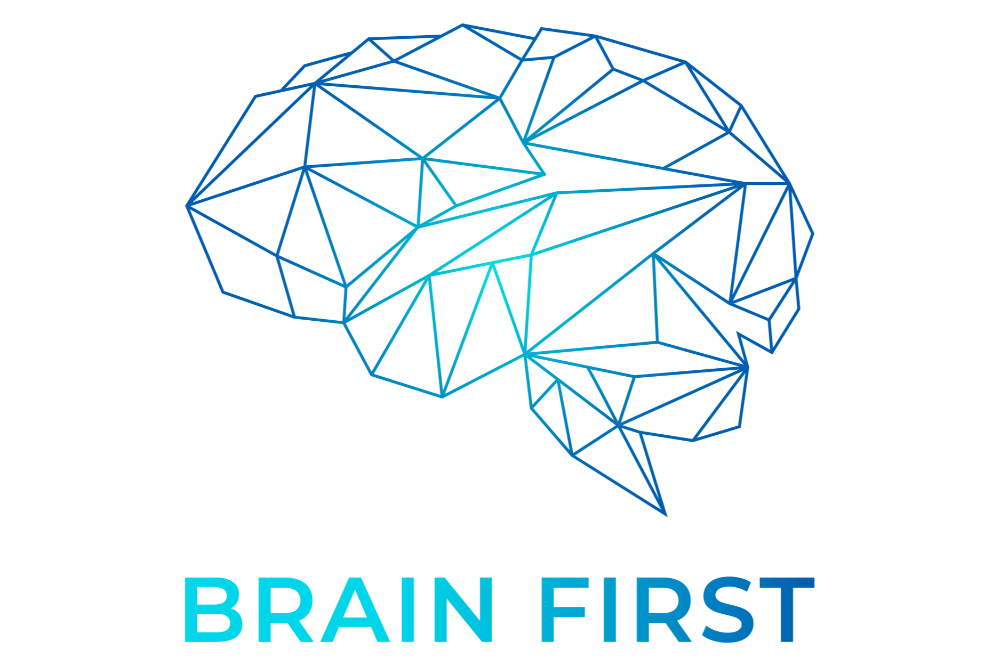Migräne und Gene: Personalisierte Therapie Zukunftsperspektive oder bereits Realität?
May 15, 2025
What are genes and how do they influence our health?
Genes are the basic blueprints of our body. They consist of DNA and contain the instructions for producing proteins that control many biological processes. Our genetic makeup therefore significantly influences how our body responds to environmental factors, food, and medications.
In addition to genetics, epigenetics also plays a crucial role. While our genes are largely determined, epigenetic factors can be influenced by lifestyle and environment. This means that diet, exercise, stress management, and sleep quality can alter gene activity. Certain lifestyle measures can therefore be targeted to minimize genetic risks and prevent or alleviate health problems.
Genetics as a guide for individual therapy approaches
Identifying specific genes can provide insight into which treatment options might be appropriate for a patient. Instead of a lengthy trial-and-error approach that requires trying numerous medications—which can even lead to medication-induced headaches in the long run—genetic testing can provide initial clues to effective treatment strategies. Here are some examples:
- MT-ND1: This gene plays a role in ATP production and is associated with mitochondrial dysfunction, which can promote migraines. Patients with a variation in this gene may benefit from magnesium malate, which supports mitochondrial energy production. Additionally, targeted optimization of mitochondrial metabolism with coenzyme Q10, alpha-lipoic acid, and a ketogenic diet may be helpful.
- PGC-1a: A gene that increases the risk of type 2 diabetes and thus influences blood glucose metabolism. Continuous blood glucose monitoring may be beneficial for affected individuals, and exogenous ketones may help stabilize energy metabolism. Furthermore, a low-carbohydrate diet can help minimize blood glucose fluctuations and prevent migraine attacks.
- SOD2: This gene influences the brain's antioxidant defense mechanism and can lead to impaired energy supply to nerve cells. Patients with a corresponding genetic variant may benefit from N-acetylcysteine (NAC) or glutathione to reduce oxidative damage. Additionally, an anti-inflammatory diet high in omega-3 fatty acids may be supportive.
Lifestyle optimization: Exploiting the interaction between genes and environment
While genetic factors can increase the risk of migraines, it's possible to counteract them through targeted lifestyle adjustments. Here are some proven measures:
- Diet: An anti-inflammatory diet rich in vegetables, healthy fats (e.g., omega-3 fatty acids from fish and flaxseed), and low in refined carbohydrates can help reduce migraine attacks.
- Stress management: Chronic stress can promote epigenetic changes that trigger migraines. Techniques such as meditation, breathing exercises, and yoga can help calm the nervous system.
- Sleep hygiene: An irregular sleep pattern can contribute to migraines. Regular bedtimes and an optimized sleep environment can help prevent attacks.
- Exercise: Moderate exercise such as walking, swimming or gentle strength training can help improve circulation and stabilize the nervous system.
Genetic testing as a guide to effective treatment
Thanks to genetic analyses, migraine patients can receive more targeted treatment options instead of randomly trying medications that may be ineffective or have undesirable side effects. Personalized medicine makes it possible to examine the cause of migraines more individually and take appropriate measures – whether through targeted nutritional supplements, lifestyle changes, or medications tailored to genetic metabolism.
Future prospects: Precision medicine for migraine patients
Although research into the genetic basis of migraine is still in its infancy, there are already indications that genetic testing could have a tremendous impact on treatment. Integrating genetic diagnostics into clinical practice could significantly improve the quality of life of migraine patients in the long term by avoiding unnecessary treatments and accelerating the discovery of effective therapies.
Conclusion
Genetic insights offer a promising basis for personalized migraine therapy. Instead of undergoing endless drug trials, genetic analyses can help patients receive more targeted treatments that take their individual biological predispositions into account. This could not only lead to more effective treatment but also reduce the risk of medication misuse and unwanted side effects. The combination of genetic diagnostics and targeted lifestyle interventions represents a promising approach for better long-term management of migraines.

